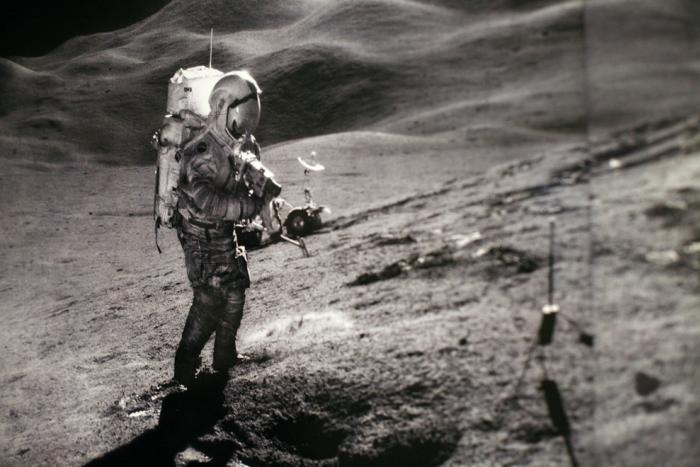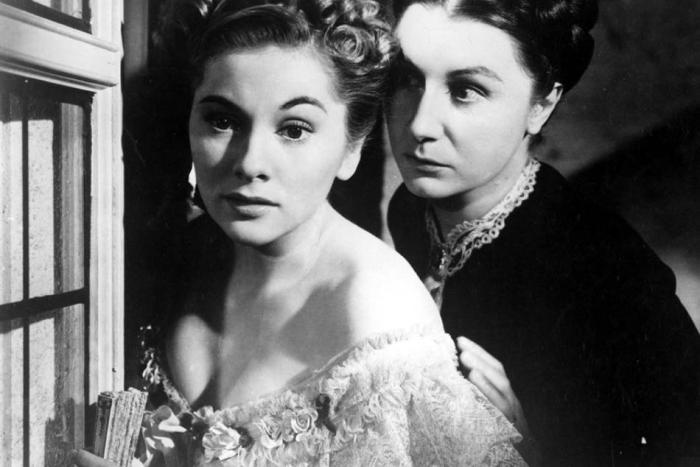Since the only sensible thing to do during an awards show is to read the snark on Twitter rather than watch the event itself, that’s exactly what I did with the Emmy’s this past Sunday. As the inevitable fashion commentary and jokes flowed, however, I was reminded of something I’ve thought many times: the web is really good at showing you how unoriginal you are. Except for the odd rare gem, almost any comment or quip you think of during these live events will have already been said by legions of others.
The importance of being original has been on the minds of many in Canada lately. As you no doubt know, popular Globe and Mail columnist Margaret Wente was accused of plagiarising by Carol Wainio writing at her blog Media Culpa. After a thoroughly unsatisfactory response from the Globe’s public editor, the Globe finally disciplined Wente, while the writer herself tackled the issue with the indignant rhetorical equivalent of “Hey, shit happens.” No-one is especially happy, in no small part because it feels like very little has changed, but also because as the media world suffers through one upheaval after another, there’s a lingering sense of fear. One such worry? Writers aren’t quite sure what it means to be original anymore.
Plagiarism troubles for us two very clear reasons. First, it breaks that implicit agreement between a publication and its readers that journalism operates through accuracy and honesty. Second, it undermines the idea that the responsibility of the journalist is to produce original content and present it to us in a novel manner. After all, if they don’t, why are they getting paid?
The former point is clear, and arguably even more important than it ever was. With the availability of so much information and so many different interpretations, the need to be as transparent and specific about the presentation of information is crucial.
As to the second point of originality, however, things are murkier than they once were. In an absolute sense, originality has always in fact been additive. There is no such thing as the truly novel, and to be original actually means to build something new atop that which came before. Originality and knowledge were part and parcel of the same historical accumulation, and the journalist’s role has always been to add to that mass of “the known.” Good writers add more to the pile, bad ones less.
But being truly original when the scope of the known has expanded exponentially is far more difficult. When we joke on Twitter while watching the Oscars, a quick search can show that both people in the same town and those around the world have said essentially the same thing, and it quickly peels back something that was once hidden: we aren’t really that creative, and the truly original is incredibly rare. What we once thought of as “originality” was often actually a function of physical constraints. When you’re in a living room cracking wise about the Grammys, you can seem like the funniest person ever. When that room is digital and has a few million people in it, you’re just one more person repeating the same tired jokes. Strangely, for all its individualist rhetoric, social media positively excels at divesting you of the notion that you’re original or special.
In the English-speaking world, originality arose in the sixteenth and seventeenth centuries out of a newfound respect for poets and their novel creations, but also as a way to attach an author’s name to a piece of paper, largely so they could be punished if they said something transgressive. Ever since, however, we’ve valorized the idea of the author who says something new, and consider the concept of taking other’s works and calling it your own to be among the gravest of sins. In that worldview, plagiarism is like the camera that steals a part of your soul: it attacks the sanctity of the unique individual.
But the digital is predicated upon the copy. This piece you’re reading right now is itself a representation of a copy that has no physical corollary. The web also resists the additive approach to knowledge, and instead supports the “subtractive.” A mass of knowledge is always just there, and our job is to cut little pieces off and, if we’re good at what we do, rearrange them in interesting ways.
What that means is not that plagiarism is okay, but that there’s no reason for it to happen. As Mathew Ingram points out, it’s really just lazy linking. But what is also means is that the idea of the author as a gifted creator is undergoing change. If we once attached the name of a writer to a piece of paper to praise and punish her, the sheer glut of information and opinion has broken that link. It is the arrangement of ideas that is important, and the one doing the arranging is often the reader, pulling together fragments from an array of sources, with little concern from where they came.
So it’s not only originality that has become a mess, but the idea of the individual, too, and what consequences that will create is anyone’s guess. Here’s one thing I am relatively sure of, though. The notion that digital tech is changing the idea of authorship isn’t mine. It and the related concepts of networks, information abundance, and the changing idea of the individual are just things I’ve stumbled across and pieced together as I’ve sifted through hundreds of thousands of articles and blog posts over the past few years. And I hope that I’ve put those things together into something useful and thought-provoking in a way you enjoyed reading.
As for whether it’s original, though? As to whether this is an expression of my ideas and, by extension, who I am? All I can tell you is that I have neither any idea—and nor do I much care.





